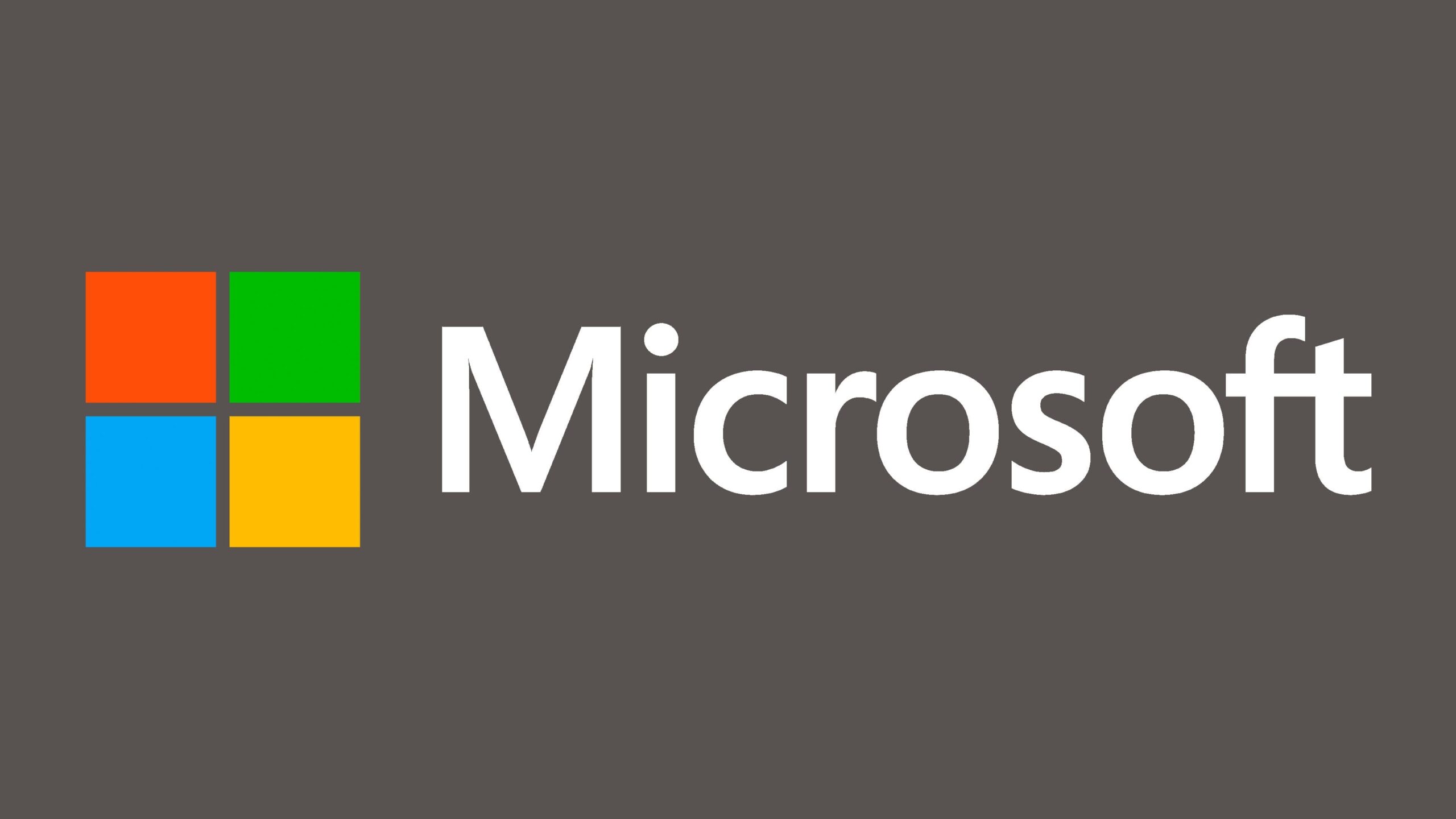
Important Security Alert: Issue Found in React (Common Website Technology)
A serious security fault has been discovered in a piece of software called React, which many websites and online services use behind the scenes. This…

Microsoft has released its June 2025, Patch Tuesday security updates addressing 66 vulnerabilities across its software ecosystem. This month’s release includes one actively exploited zero-day vulnerability, one publicly disclosed zero-day, and ten critical-severity flaws that organisations should prioritise for immediate patching.
The vulnerability distribution breaks down as follows:
Ten of these vulnerabilities carry a “Critical” severity rating, with eight being remote code execution flaws and two elevation of privilege issues.
Actively Exploited: WebDAV Remote Code Execution (CVE-2025-33053)
The most concerning vulnerability in this release is CVE-2025-33053, a remote code execution flaw in Microsoft Windows Web Distributed Authoring and Versioning (WebDAV). Discovered by checkpoint.com, this vulnerability has been actively exploited in attacks.
The flaw allows remote attackers to execute arbitrary code on affected systems when users click on specially crafted WebDAV URLs. WebDAV is commonly used in enterprise environments for collaborative document editing and file sharing, making this vulnerability particularly relevant for business networks.
The exploitation mechanism requires user interaction, specifically clicking on a malicious WebDAV link. This social engineering component means organisations should focus on both technical patching and user awareness to mitigate risks.
Publicly Disclosed: SMB Client Privilege Escalation (CVE-2025-33073)
CVE-2025-33073 affects Windows SMB (Server Message Block) client functionality and allows attackers to gain SYSTEM privileges on vulnerable devices. The vulnerability stems from improper access control implementation in the SMB protocol handling.
Exploitation requires an attacker to execute a specially crafted malicious script to coerce the victim machine to connect back to the attack system using SMB and authenticate. This could result in complete system compromise, as SYSTEM privileges provide the highest level of access on Windows systems.
The ten critical-severity vulnerabilities span multiple Microsoft products and services and have potential for remote exploitation without user interaction, or their ability to compromise system integrity completely.
The eight critical remote code execution vulnerabilities are particularly concerning as they could allow attackers to execute malicious code on target systems across network boundaries.
The two critical elevation of privilege vulnerabilities could enable attackers who have already gained initial access to escalate their permissions and achieve complete system control.
Immediate Actions:
Ongoing Actions:
The presence of an actively exploited zero-day vulnerability, combined with ten critical-severity flaws, underscores the importance of maintaining robust patch management processes within organisations. The combination of technical vulnerabilities and social engineering vectors highlights the need for comprehensive security approaches that address both technological and human factors in cyber security defence.
Regular patch application remains one of the most effective methods for maintaining security posture.